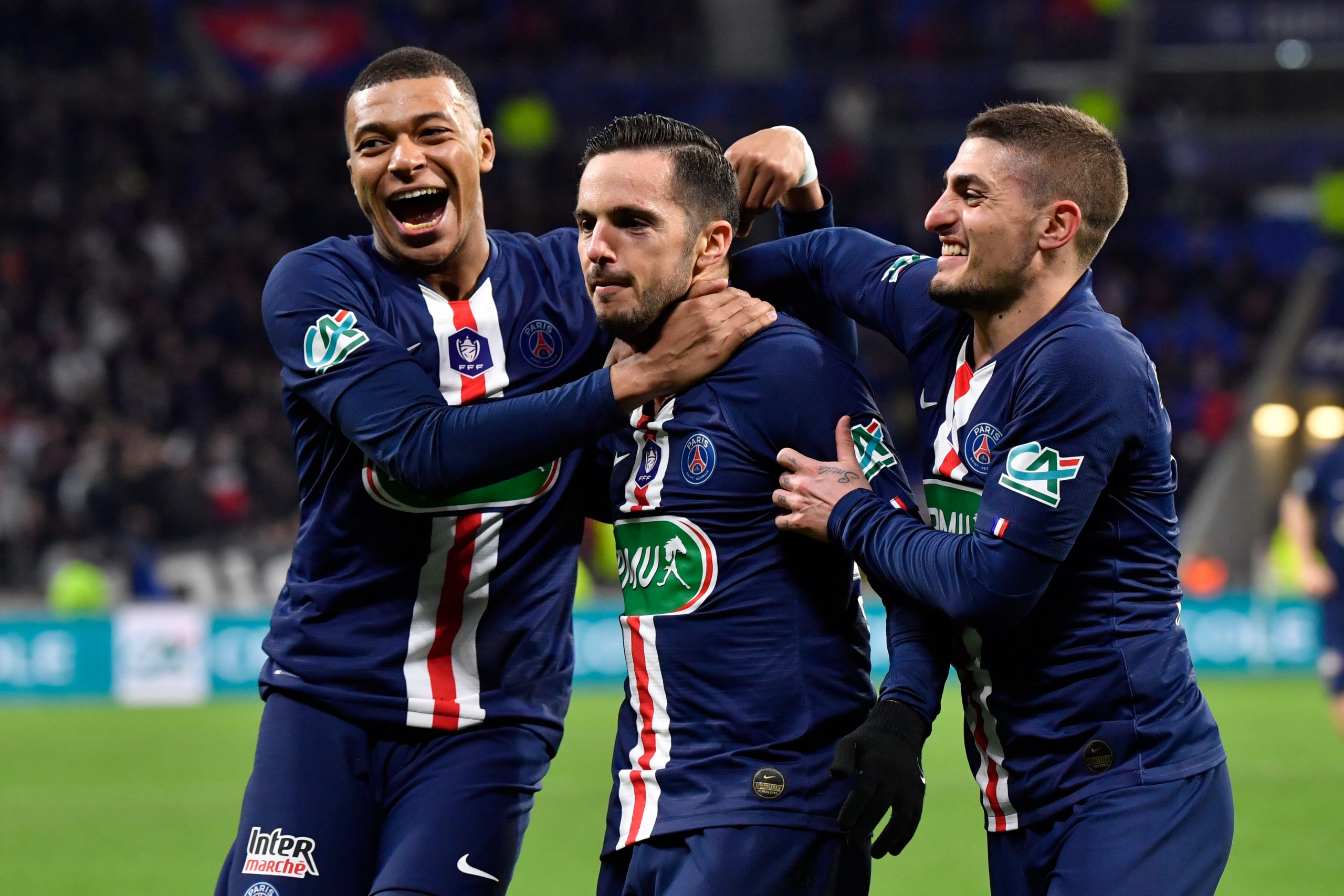
If Paris Saint-Germain beat Bayern Munich in Sunday’s Champions League final in Lisbon, the pictures will probably be of Neymar’s tears of joy or wild scenes of celebration in the French capital, but basking in the glory of it all will be the Emir of Qatar.
The club’s first appearance in the final of Europe’s elite club competition comes in the month it celebrates its 50th birthday, yet the starting point for all this was June 30, 2011.
That was when Qatar Sports Investments (QSI) bought PSG, with its president Nasser al-Khelaifi promising to make the club “a great team and a strong brand on the international scene”.
There is no doubt QSI has achieved that, even if Qatar’s detractors question the motivations of the tiny, gas-rich nation protruding from the Arabian desert.
PSG recently won their seventh French title in eight seasons and their fourth domestic treble in six years.
Now, after half a dozen seasons of underwhelming performances on the continental stage, they are through to the biggest and most prestigious club game of all.
“Since we arrived here, the Champions League has been our dream, and we are close to fulfilling our dream now,” Khelaifi said after the team beat RB Leipzig in the semi-final.
PSG were big before QSI — under the ownership of French pay TV giant Canal Plus in the 1990s, with stars like George Weah, they won the league in 1994 and reached the Champions League semi-finals a year later.
They lifted their only European trophy to date, the Cup Winners’ Cup, in 1996.
Dire straits
But by 2011 this was a club in dire straits.
They had just finished fourth in Ligue 1 but a year earlier came 13th.
Crowds at the Parc des Princes were down with the club having stopped selling tickets to members of two rival supporters’ groups because of hooliganism problems.
Under Khelaifi, a revered figure in Qatar, PSG are effectively a different club.
It took them just two years to shoot up to fifth place in Deloitte’s Football Money League. Their revenue in 2012/13 was just under 400 million euros ($471m), having quadrupled in the short time under QSI.
Only Real Madrid, Barcelona, Bayern and Manchester United sat before them.
That season PSG returned to the Champions League after eight years away and won their first Ligue 1 title of the Qatar era.
They made the marquee signing of David Beckham. Huge commercial deals were signed with the Qatar Tourism Authority and Qatari mobile provider Ooredoo.
Deloitte’s most recent figures put them fifth again with revenue of 635.9 million euros.
PSG committed the two biggest transfer fees in history, signing Neymar from Barcelona for 222 million euros and Kylian Mbappe from Monaco for 180 million euros, in 2017.
The club has spent, in total, an estimated 1.3 billion euros on transfer fees alone in these nine years.
‘Enormous political benefit’
In footballing terms, it has all been about delivering on-field success. But QSI’s aims, and the motivations behind Qatar’s involvement, go far deeper.
QSI’s own rudimentary website talks of a vision “to be internationally recognised as the leading sport, leisure and entertainment investment company in Qatar and abroad.”
Choosing PSG, based in one of Europe’s biggest and most glamorous cities, was a way for Qatar to grow its brand following its successful bid for the 2022 World Cup.
“It is all about branding, about attaching yourself to important and prestigious tournaments on the one hand, and glamorous and successful clubs on the other,” Nicholas McGeehan, director of Fair Square Projects, who is an investigator and leading advocate on the rights of migrant workers in the Gulf, told AFP.
The World Cup and Qatar’s ownership of PSG have brought into the spotlight the country’s treatment of migrant workers, but reputational benefits appear to outweigh the costs.
“Ultimately this is about politics, power and influence, not football,” points out McGeehan.
On the street in Doha, there is still more focus on the English Premier League than on PSG, although interest is growing.
The PSG store in Doha’s Villaggio mall was this week emblazoned with a poster proclaiming “WE ARE PARIS — LISBOA 2020” covering half the shopfront.
“If they win, they will definitely make two victory tours, one in Paris and one here,” said shop manager Abdul, decked out in the latest PSG strip.
It is not just Paris — Qatar Airways has a sleeve sponsorship deal with Bayern and took to Twitter labelling the final as the #Qlassico.
For McGeehan, PSG’s success will reflect positively on Qatar and Emir Sheikh Tamim bin Hamad Al-Thani, especially in the context of the Gulf crisis which has seen Saudi Arabia, the United Arab Emirates and other neighbouring states cut diplomatic, economic and travel ties with Doha.
“In terms of the prestige of the Emir, it is of enormous political benefit to him. His political capital will be soaring amongst the Qataris,” he said.
“Their brand is being splashed across the biggest football match that happens every year in Europe. They are going to have the biggest football match in the world in a couple of years. It could not be working out better for them on that score.”

World Cup News
-
FIFA World Cup
/ 4 weeks agoSon scores but Thailand hold South Korea in World Cup qualifier
Son Heung-min scored but South Korea were held 1-1 at home by Thailand in...
By AFP -
FIFA World Cup
/ 1 month agoJapan-N. Korea World Cup game to stay in Pyongyang, JFA says
Japan’s World Cup qualifier against North Korea will be played in Pyongyang as planned...
By AFP -
FIFA World Cup
/ 2 months agoGerman ex-FA bosses on trial over World Cup tax evasion
Three German ex-top football officials went on trial on Monday in a 13.7-million-euro ($14.8...
By AFP -
FIFA World Cup
/ 2 months agoSaudi Arabia formally launches bid for 2034 World Cup
Saudi Arabia formally launched its bid to host the 2034 World Cup on Friday,...
By AFP

English Premier League
Arteta calls on Arsenal to prove their worth after double blow

English Premier League
Watch: Ten Hag reveals Garnacho apology after forward supported critical tweets

English Premier League
Watch: Klopp tells Liverpool to push for title despite damaging spell

Winter Olympics
Watch: Geisenberger wins sixth Olympic medal to tie luge record



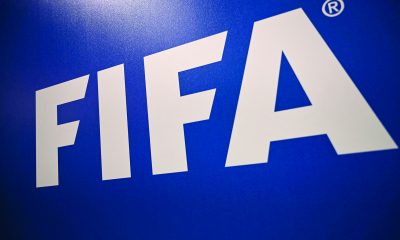

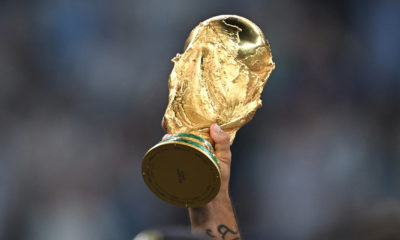

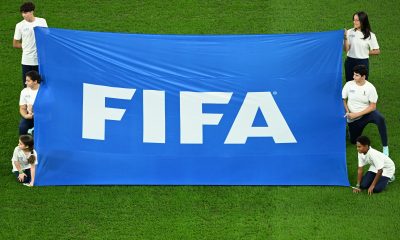

















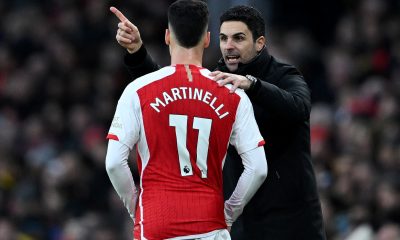

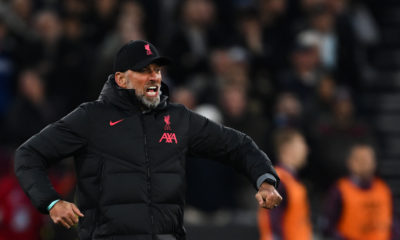

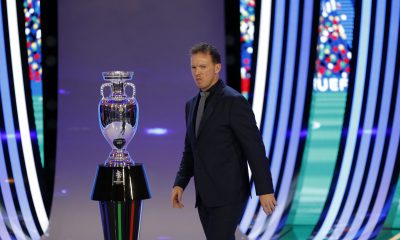



1 Comment